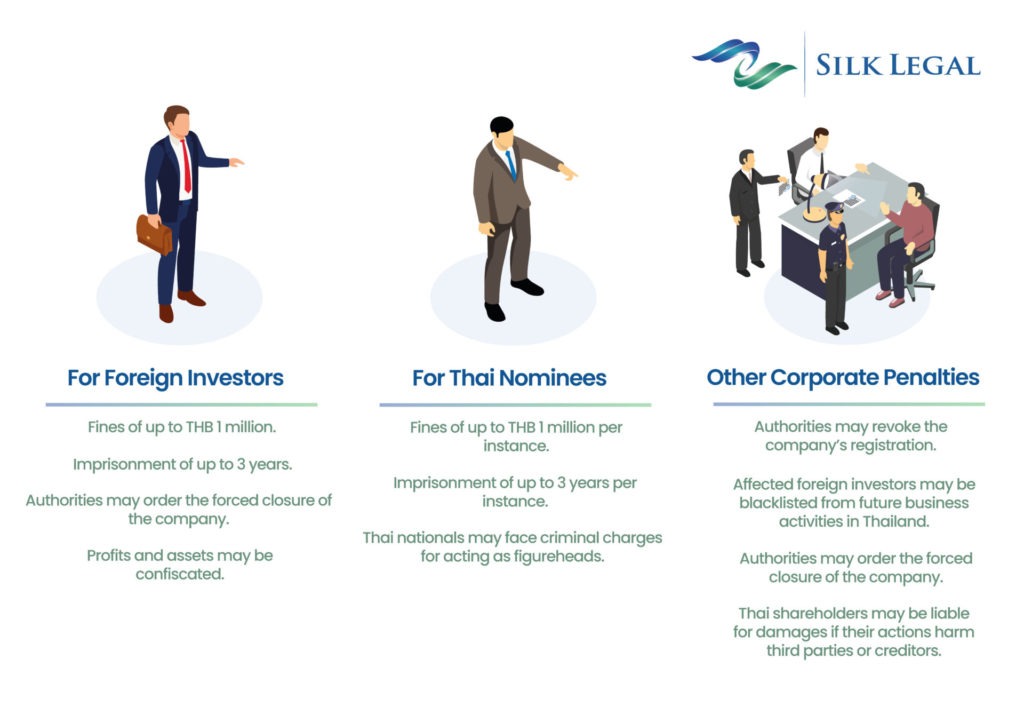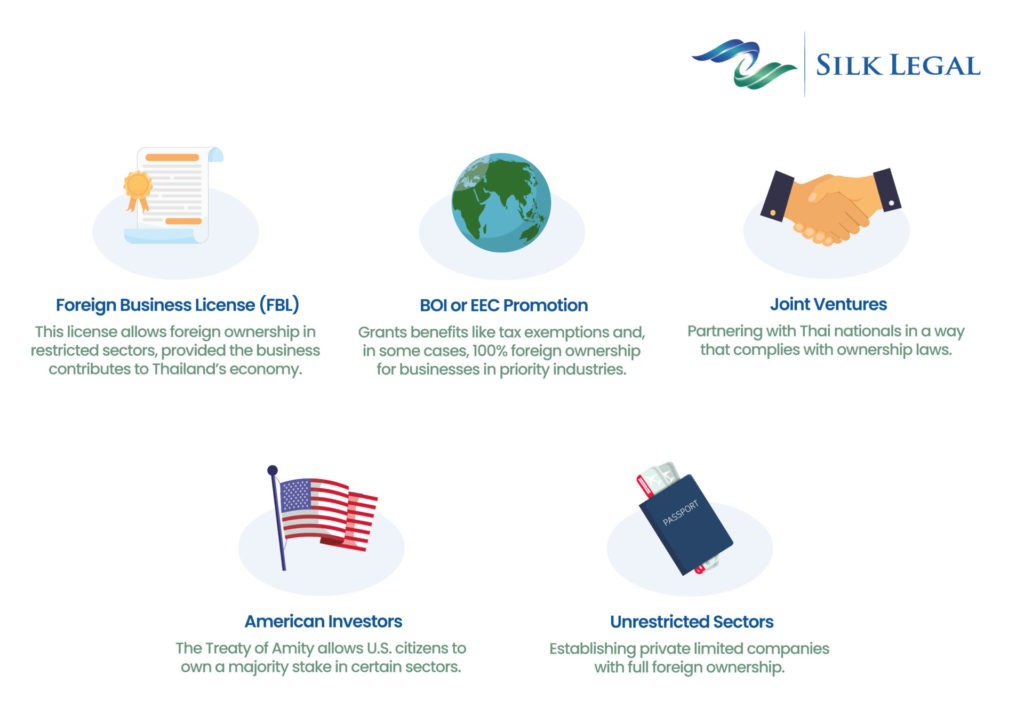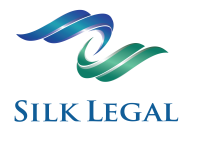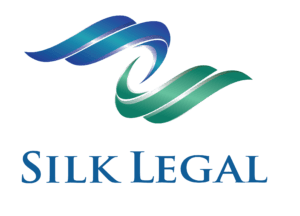By Dr. Paul Crosio
The number of new business registrations in Thailand is projected to surpass 90,000 this year, fuelled by a rebound in exports and tourism, alongside government stimulus initiatives in the final quarter.
There were 76,653 new business registrations in the first 10 months of 2024, a 2.18% increase compared to the same period last year. In October alone, 7,267 new businesses were registered, reflecting a 9% rise from the previous month. This growth is attributed to infrastructure development projects set to launch in the fourth quarter, recovering consumer spending and tourism, and the ongoing expansion of factories across various country regions.
However, Thailand’s business ownership laws can be challenging for foreign investors, especially under the Foreign Business Act (FBA) restrictions. While using Thai nationals as nominee shareholders may seem like an easy way to bypass these restrictions, it’s important to understand that this practice is illegal and carries severe consequences for all parties involved.
Let’s look at the pitfalls of nominee structures, their risks, and the legal alternatives available to help you correctly establish your business in Thailand.
Recent Crackdowns on Nominee Offenses
In recent months, Thai authorities have ramped up enforcement against nominee structures under the Foreign Business Act (FBA), targeting arrangements where Thai nationals serve as nominal shareholders or directors to circumvent foreign ownership restrictions. On 10 October 2024, the Department of Special Investigation (DSI) announced the conclusion of a landmark case involving a law and accounting firm in Phuket that orchestrated nominee arrangements for approximately 60 companies.
These companies, operating in restricted sectors and holding land in violation of the FBA and the Land Code, caused significant economic harm. By using nominees, they not only bypassed legal requirements but also deprived the government of billions of Baht in tax revenue, further threatening national security. Following an extensive investigation, the DSI filed a complaint, and on 11 September 2024, the criminal court delivered its judgment, imposing severe penalties on the perpetrators.
The court sentenced 23 defendants, including Thai nationals, foreign investors, and implicated companies, to 10 years’ imprisonment. Due to their cooperation with authorities, confessions, and lack of prior criminal records, the sentences were reduced to 5 years, suspended for 2 years, with 1 year of probation. Additionally, each defendant was fined THB 200,000, and all companies involved in nominee offenses were ordered to be dissolved. Thai nationals implicated in the scheme were explicitly prohibited from engaging in similar activities in the future.
To build its case, the DSI investigated key aspects of the nominee arrangements, including shareholding structures, decision-making authority, funding sources, and dividend distribution. Investigators uncovered evidence that Thai nominees were holding shares on behalf of foreign investors, with foreigners retaining actual control over company decisions and receiving preferential financial benefits. The companies often used foreign funds to purchase shares, further undermining the appearance of compliance.
What Are Nominee Structures, and Why Are They Illegal?
Nominee shareholding typically involves random Thai nationals holding a majority stake in a business on paper while foreign investors maintain actual control. In such arrangements:
- Nominees often do not invest their own funds.
- Nominees knowingly allow their name to be used to bypass ownership restrictions.
- Nominees participate in creating agreements that transfer control to foreign investors, or do they have the financial and educational qualifications to contribute to the company’s operations.
- Nominees act as a “legal shield” with no genuine involvement in the business.
Penalties for Illegal Nominee Structures
These penalties are outlined under the Foreign Business Act B.E. 2542 (1999) and related laws..

Why Some Investors Resort to Nominee Structures
Despite the risks, foreign investors often turn to nominee arrangements due to:
- Ownership Restrictions: Limited foreign ownership in restricted industries (e.g., real estate, retail).
- Perceived Shortcuts: The assumption that nominee setups save time and effort compared to securing legal permissions.
- Bad Advice: Misleading guidance from unqualified consultants who downplay risks or legality.
However, the Thai government has ramped up enforcement efforts, making it imperative for investors to seek compliant solutions.
It may be too late to restructure your company if investigations have begun.
Legal Alternatives for Foreign Investors
Thailand offers several lawful options for foreign businesses to establish operations.
In the first 10 months of 2024, 786 foreign investors were permitted to invest and conduct business in Thailand, comprising 181 investments through a foreign business license application. A further 605 cases either requested a certificate of business operation for foreigners through investment channels under the Investment Promotion Act, received permission under the Industrial Estate Authority of Thailand Act, or exercised rights in line with international treaties or agreements.
Most investments were in engineering services, auto parts and design services, installation, testing, repair, maintenance, and training services related to machinery and equipment, core software system services, and contract manufacturing services.
The main options for investors seeking 100% foreign ownership are:

How Silk Legal Can Support You
At Silk Legal, we specialize in helping foreign investors navigate Thailand’s complex business landscape. Whether you need a Foreign Business License, BOI / EEC promotion, or assistance structuring a joint venture, our team ensures your business is fully compliant while aligning with your goals.
Contact us today at [email protected] for a free consultation and risk assessment.
Disclaimer: This article is for information purposes only and does not constitute legal advice. Always consult a qualified legal professional before making business decisions.



